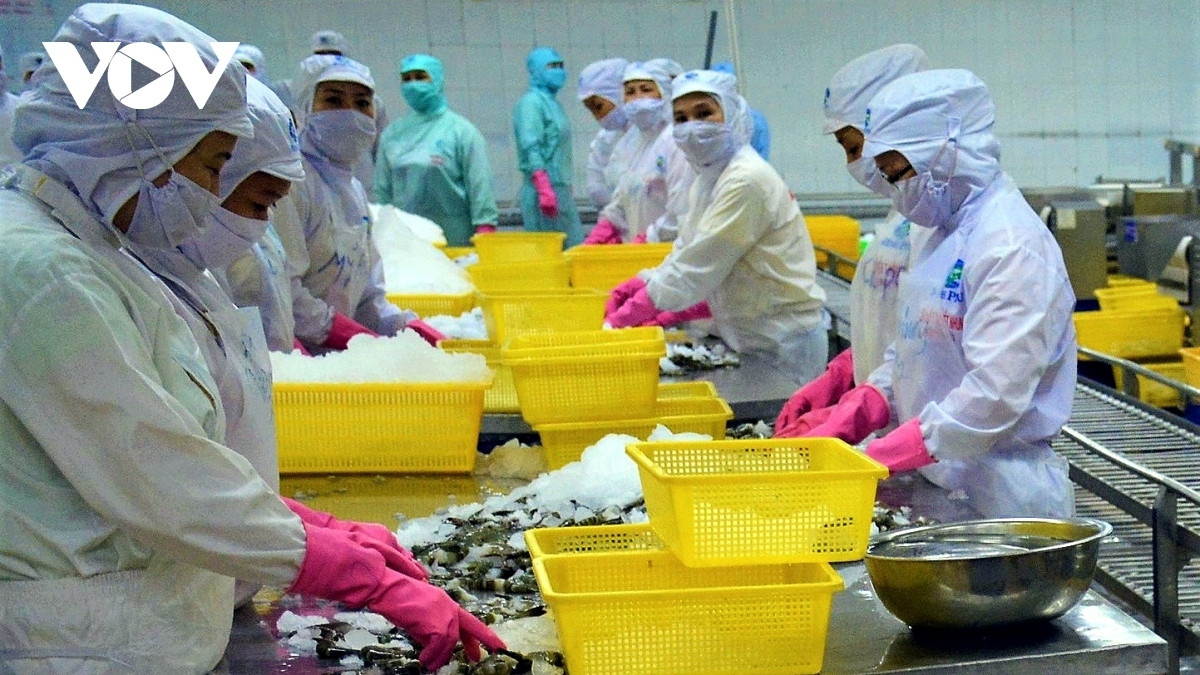

According to information provided by the Vietnam Association of Seafood Exporters and Producers (VASEP), up to 90% of seafood products that Brazil buys from the Vietnamese market are pangasius.
As of mid-February, Vietnamese pangasius exports to Brazil reached US$10.5 million, a drop of 51% over the same period from last year.
In the general downward trend recorded by most markets, Brazil still retains its position as the fourth largest import market of Vietnamese Tra fish, thereby accounting for nearly 7% of the proportion.
According to statistics compiled by Vietnam Customs, local pangasius exports to Brazil in 2023 brought in US$113 million, an increase of 19% on-year.
The South American country is one of the few markets to achieve positive growth in pangasius imports from Vietnam. While most major markets suffered a steady decline in 2023, imports from this market consistently recorded growth of two to three digits in most months of the year.
In the last two months of 2023, pangasius exports to Brazil nearly doubled compared to the same period from 2022 and was at the highest level during the reviewed period.
Most notably, in December, 2023, pangasius exports to Brazil grew by three digits, double that of December, 2022.
Due to pangasius sales in the last month of 2023, Brazil ranked fourth in the market consuming the most Vietnamese pangasius after China and Hong Kong (China), the United States, and the Comprehensive and Progressive Agreement for Trans-Pacific Partnership (CPTPP) market in the fourth quarter of 2023.
According to data released by the World Trade Center (ITC), Vietnam remains the number one supplier of white meat fish to Brazil.
By the end of 2023, export prices to this country dropped to a low level, but export turnover increased, thereby showing that demand for pangasius in Brazil remains strong.
Brazil primarily imports pangasius from the Vietnamese market, with up to 90% of the seafood products they purchase buys from the nation being pangasius. Along with pangasius, the South American country imports tilapia from the Vietnamese market, although the quantity is not much.
Recently, Brazil officially stopped importing tilapia products from Vietnam from February 14 until there is a conclusion reached on reviewing the risk of disease caused by TiLV virus according to Decision No. 270 dated February 9 of the Animal and Plant Quarantine Agency under the Department of Agriculture, Livestock and Food Supply (MAPA). This decision has posed various challenges that Vietnamese businesses need to anticipate in the coming time.
Regarding market barriers facing the seafood sector, Le Ba Anh, deputy head of the Department of Quality, Processing, and Market under the Ministry of Agriculture and Rural Development, stated that the current Brazilian application of additive and phosphate standards and testing additive criteria for local pangasius are not consistent with international practices. Indeed, this can be viewed as an issue that the Brazilian side needs to reconsider.
In addition, Brazil has not allowed Vietnam to export whole frozen shrimp, and at the same time applies heat treatment requirements for shrimp exported to this country that are different from the regulation set by the OIE of the World Organization for Animal Health.
Accordingly, the Vietnamese side has provided OIE documents to the MAPA through the Embassy and has said that the regulation needs to be changed in accordance with international ones.
Anh also proposed that Brazil move to change administrative procedures related to product label registration and additional recognition and processing of the list of Vietnamese enterprises allowed to export agricultural products to this market with a faster schedule in order to meet business needs.
Regarding the Brazilian decision to stop importing Vietnamese tilapia until there is a conclusion on reviewing the risk of disease caused by TiLV virus, the Department of Quality, Processing, and Market Development requested that shipments being brought into this market before the decision date still must be facilitated for normal imports.
Concerning the issue, Roberto Serroni Perosa, deputy minister of the MAPA, said that Brazil will approve the list of export enterprises and the Brazilian Embassy in Vietnam will send a note issuing this decision.
Perosa also affirmed that tilapia shipments from the nation to Brazil before the decision was made will be cleared through normal customs.
Deputy Minister of Agriculture and Rural Development Phung Duc Tien affirmed that the Vietnamese market remains very open to Brazil as the two countries' agricultural products complement each other without competition.
The Deputy Minister also asked the Brazilian side to swiftly decide on the import of shellless and headless frozen shrimp, thereby allowing the use of phosphate in pangasius meat according to OIE regulations.
Deputy Minister Tien assigned the Department of Quality, Processing, and Market Development to discuss with the Brazilian Embassy the issue of pangasius and shrimp as soon as possible.
VOV